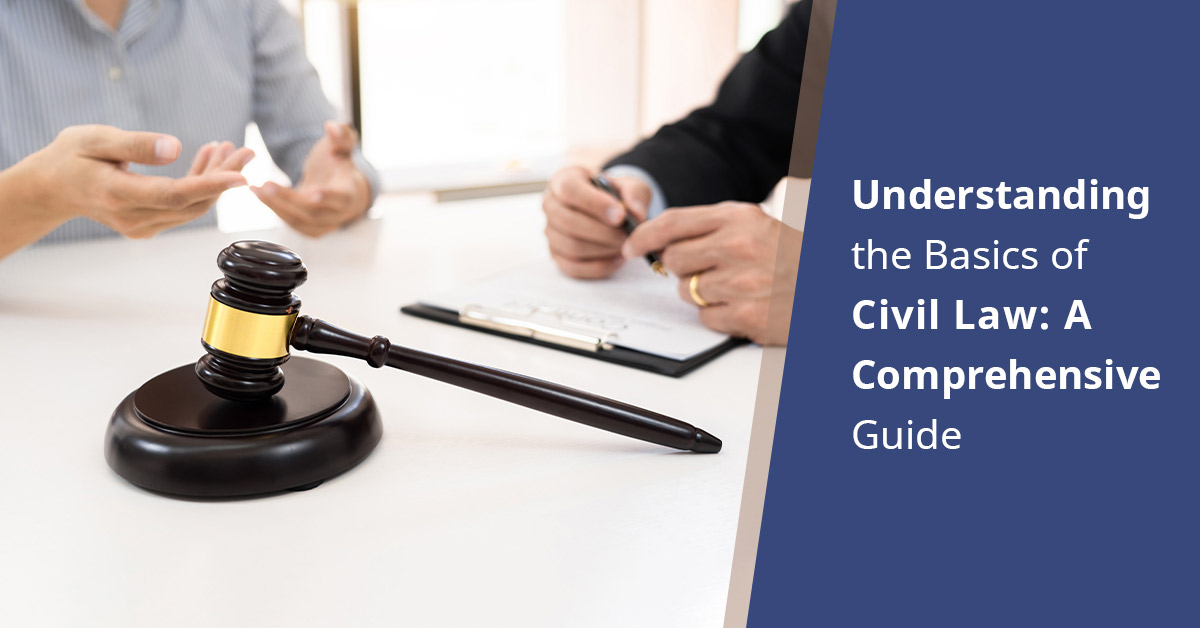If you are a plaintiff, you need to prove your case on the balance of probabilities. If your case goes to trial, it will be heard by a Judge or Jury. You have to choose whether you want to be heard by a Judge or Jury at the early stage of the lawsuit. You cannot wait until just before trial to choose. All cases proceed by Judge alone unless a Jury Notice is filed.
The steps in a typical lawsuit are as follows:
1. Pleadings. File a Statement of Claim and within 20 days of being served, the Defendants have to file a Statement of Defence.
2. Affidavits of Documents. The parties are required to exchange Affidavits of Documents which contain all documents that are in your control and are relevant to the issues raised in the lawsuit.
3. Examinations for Discovery. Each party is examined under oath.
4. Answer Undertakings. These are questions and documents that you were asked at the Examination for Discovery, which you need to provide later because you did not provide it yet in your Affidavit of Documents, or you are unable to answer it at the examination.
5. Motions. This is a step before trial, when you ask the court to make an Order that something happen. A common motion is to compel a party to provide disclosure that they refused to provide when they were examined.
6. Mediation. In Toronto and certain other jurisdictions, you are required to do a 3 hour Mandatory Mediation. This is an off-the-record mediation.
7. Pre-Trial Conference. This is often the first time that the parties actually see a judge (unless there was a Motion before). The Pre-Trial Judge will often try to settle the case, and if it does not settle, make any Pre-Trial Orders that are necessary to get the case ready for trial.
8. Trial. Only 5% of cases go to trial. If you are one of them, then you need to prove your case on a balance of probabilities. You will have to give oral evidence under oath, be cross-examined, call witnesses that support your case, introduce exhibits and your lawyer will make legal arguments.
9. Appeal. If you are unsatisfied with the Judgment, then you may want to appeal if the trial Judge made an error in applying the law. Appealing findings of fact made by the trial Judge is extremely difficult and an appeal court will not want to interfere with findings of fact that the trial Judge made. However, if the trial Judge made an error in law, then the appeal could may overturn the Judgment.
